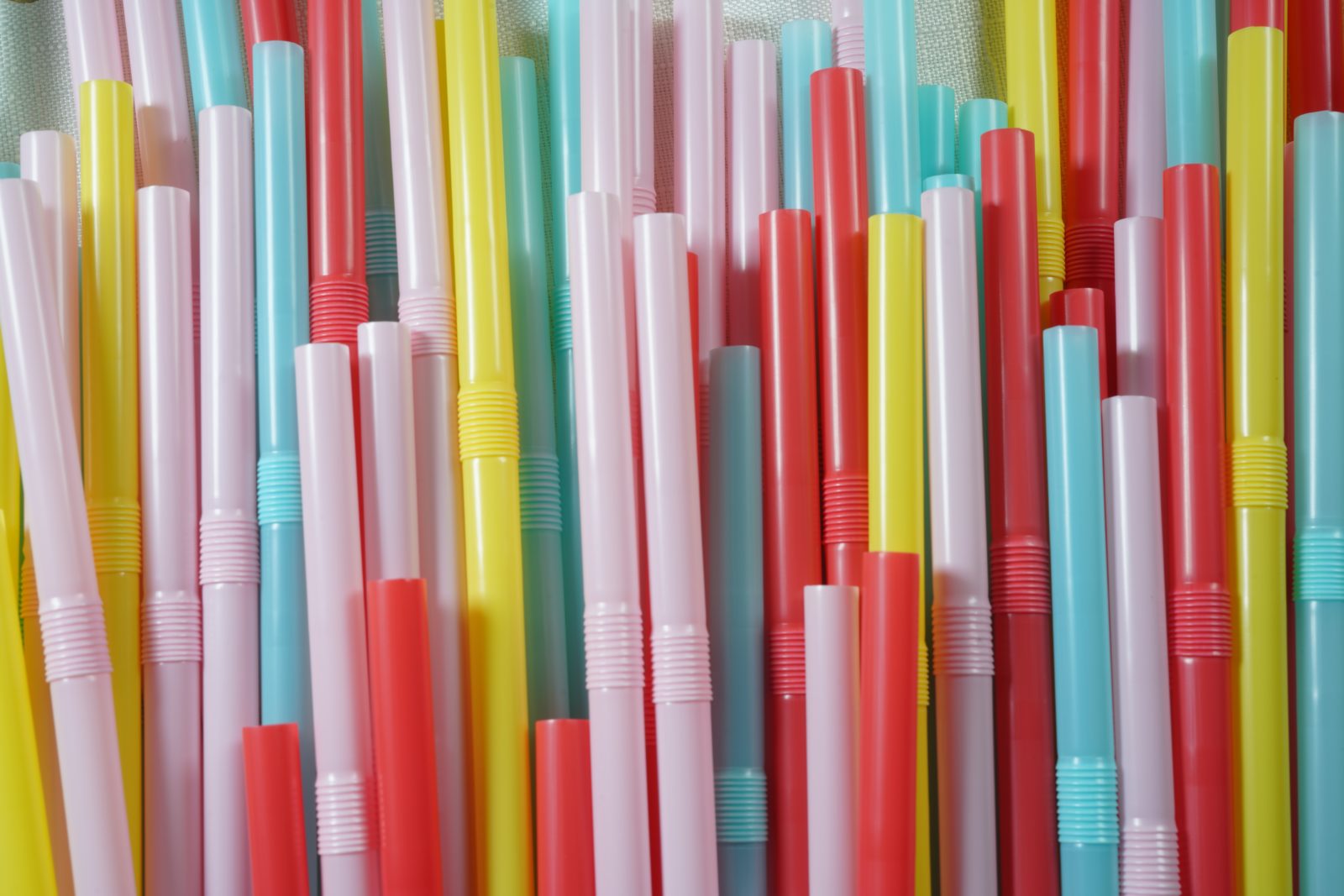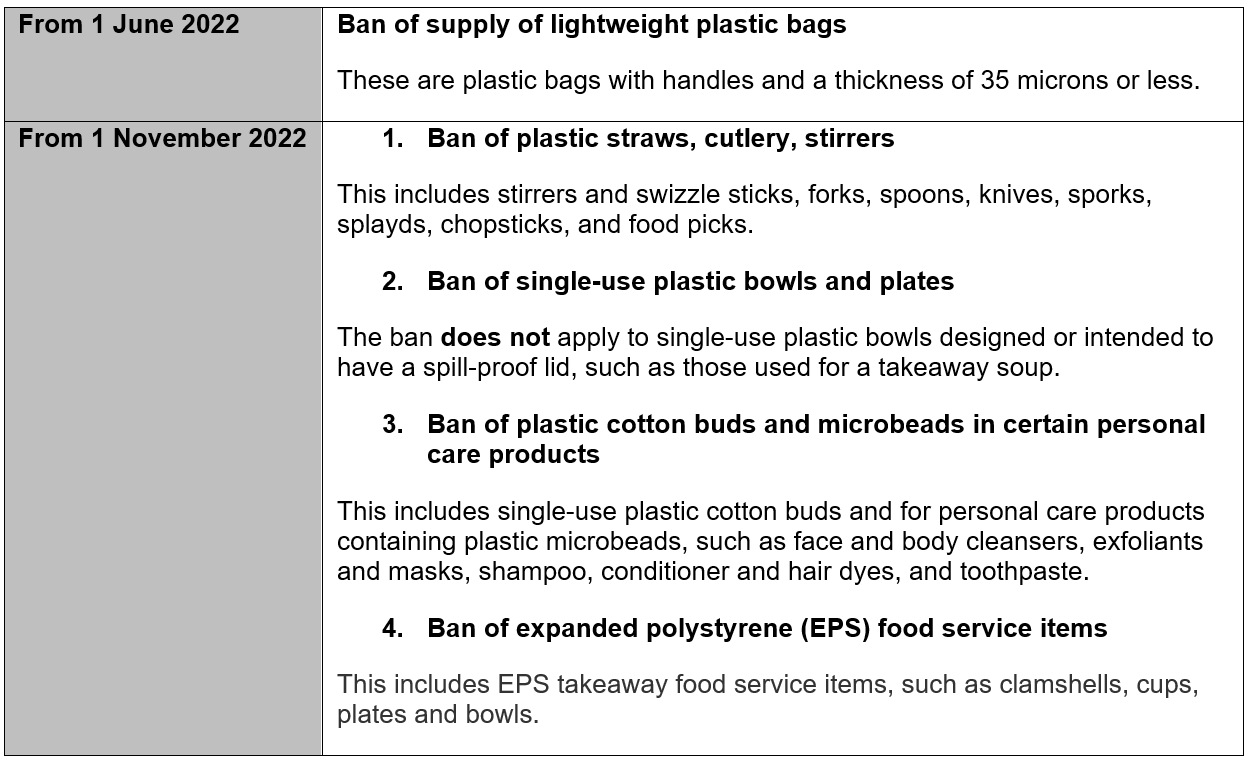Article updated 21 September 2022
From 1 June 2022 it will be an offence under the Plastic Reduction and Circular Economy Act 2021 (Act) to provide lightweight plastic bags to customers.
The Act introduces a range of staged bans on certain single use plastic products including lightweight plastic bags, plastic straws, stirrers and cutlery, plastic bowls/plates and takeaway food service items. These are discussed in detail, including important dates, in this article.
The Act also provides design standards for certain products (such as microbeads in cosmetics) and establishes a new framework for encouraging the re-use or recycling of materials (circular economy) in NSW through a product stewardship program. The product stewardship programs will require certain brand owners to take responsibility for minimising their product’s environmental impact (i.e. waste, pollution and resource inefficiency) throughout all stages of the products’ life cycle. This part of the Act is further discussed in our second article on the Act.
All of these initiatives are run by the NSW Environment Protection Authority (EPA).
These changes present new risks and opportunities for businesses of all scales across NSW and those trading in NSW.
The important dates are:
The following plastic items are not banned under the Act at this stage: What items does the ban not apply to?
- Integrated packaging: this includes a plastic item that is used to seal or contain food or beverages such as a sealed polystyrene cup containing dry noodles or soup. This also includes plastic items included within or attached to packaging such as a straw sealed to a juice box or a spoon sealed within the packaging of a yoghurt cup.
- ‘Barrier bags’ this includes items such as bin liners, human or animal waste bags, produce bags, deli bags and bags used to contain medical items.
Risks
Under the Act it is an offence for a person, while carrying on a business, to supply or sell a prohibited item, including if the item is free of charge or provided with another product, such as a plastic straw with a drink. The maximum fine is $55,000 for a corporation and $11,000 fine for an individual.
Businesses that could potentially be liable to fines include restaurants, cafes, bars, takeaway food shops, supermarkets, market stalls, online stores, packaging suppliers and any other retailer that provides prohibited plastic items to consumers.
Not only will businesses risk fines, but also reputational damage, if banned plastics items and products and continued to be supplied to consumers. Under the new scheme the EPA will publish a public register on its websites of all compliance notices, convictions, and penalty notices issued under the Act.
Hunt & Hunt encourages all businesses to review what single use plastic items they currently use and to prepare for the bans in order to avoid disruption to business and future fines.
Article prepared by: Jessica Baldwin, Senior Associate & Adam Kennedy-Hunt, Lawyer












